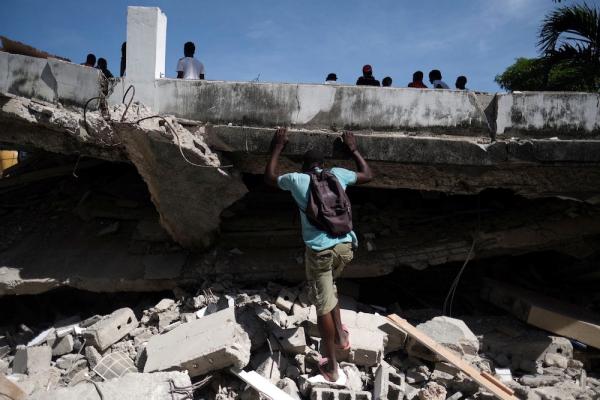Aug 19, 2021
The earth quakes. It rumbles. It trembles, sort of like a roar, a shiver. I didn’t see it; I’ve never experienced it, but I heard the news. “1,900+ Haitians are believed to be dead,” the faint voice of the news reporter says over my car radio, “and hundreds are believed to be missing.”
Another headline reads: “The latest on Afghanistan as Taliban take charge.”
Another: “13-year-old Mississippi girl dies of COVID-19.”
Read the Full Article

Already a subscriber? Login
